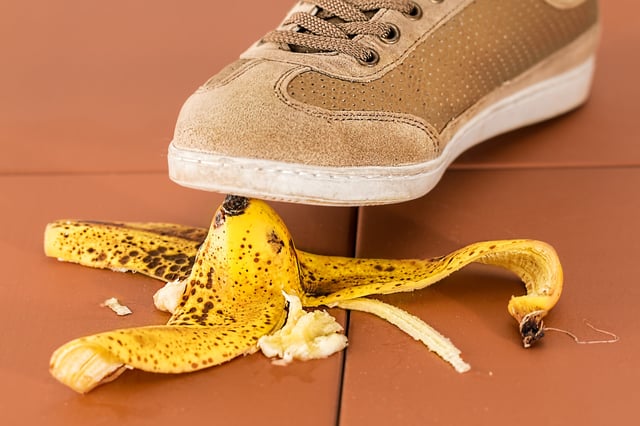
Some decision-making advice works, and some is just happy talk. Decisive business people should know when it's bad, and good, to sleep on it and go with your gut.
Sleep on it.
Why it’s popular: People give advice to “sleep on it” because it feels empathetic, caring. They know it will make you feel better about your choice, and they want you to feel good. It’s the chamomile tea of business advice. They also might want you to stop talking because they’re bored, stressed out, and don’t have any real advice for you about what to do.
Why it’s bad: Sleeping on it doesn’t help you make a better decision, it just gets you comfortable with the choice you already have in mind. When you sleep, your brain tries to make sense of the events of your life, with you as the hero. In part it does this by editing out unnecessary or conflicting details so they don’t bother you any more. So, “sleeping on it” when you already have an inkling just reinforces your natural tunnel vision bias, making it easier to commit to decisions good or bad.
When it’s good: Sleeping on it is good advice if you are facing an uncertain problem and really, truly have no idea what to do. Then when your sleeping brain goes to work making sense of the events of your life with you as the hero, it has a specific problem to solve. It sifts through massive details trying to make sense of the problem, and probably wakes you up in the middle of the night with an a-ha moment.
Better business advice: If a colleague is just spinning on a decision, don’t send them to bed, ask them this: “What are three other choices that might work?” Based on our Cloverpop decision database, there’s a 56% chance they’ll think of a better decision, and then you’ll be the hero.
Even better advice: Ask other people on your team to weigh in with their best choice. Our research shows that when business teams of 3 or more people weighed in on decisions using Cloverpop they made better decisions 75% of the time.
Go with your gut.
Why it’s popular: People give this advice because it feels swashbuckling, daring. They’ve followed this advice themselves, and they know it's quick, easy and exciting. It’s the crystal meth of business advice. They also probably want you to stop talking and don’t have any other good advice for you.
Why it’s bad: Your gut is shorthand for your limited lazy lizard brain. If you’ve only made a decision once or twice, or read about a similar situation on a blog somewhere, you might be able to talk a good game, but your gut is guaranteed to be over confident and blind to it’s ignorance. Going with your gut probably means going with the choice that first drew your attention, for whatever random reason your lizard brain found attractive. Think about it - when you go with your gut, at first you have no idea why your gut is pointing you in that direction, so you start making up explanations for yourself and other people. Ironically, this is called rationalization, even though it’s leading you away from a rational decision and right into a narrative fallacy.
When it’s good: Going with your gut is good advice if you’ve made essentially the same decision 50, 100 or 200 times before, and have a very clear grasp of the variations and results of different approaches. When your gut is highly trained, it can quickly cut through the clutter to the right answer with well-earned confidence. That’s also why fire-fighters and fighter pilots do so much training, so their gut is ready and right when faced with split-second life-or-death situations.
Better business advice: Use Cloverpop to invest a minute or two writing your gut’s decision down, including a brief description of the problem you are trying to solve, what could go right and what could go wrong. This will be useful for communicating with colleagues, and it creates a record so you can check in later and change course if needed once the world weighs in on your decision.
Even better advice: Spend 10 minutes following a proven decision checklist, or use Cloverpop to frame and get input on your decision. The 10 minutes you spend will save you 10 hours of circular discussion and help you come to a clear, committed decision 10 days faster.
Be a professional decision maker.
Decision making is a core skill of business leaders, perhaps our most important duty. Avoiding common and unproven decision-making advice to "sleep on it" or "go with your gut" might seem hard to do, but it’s really not. That queasy feeling you've got is just your lazy lizard brain trying to trick you into sticking with your current bad habits. Don't be fooled. You've got this. And you can turn things around even faster with easy to use decision-making tools like Cloverpop. Here's to new, helpful habits!

